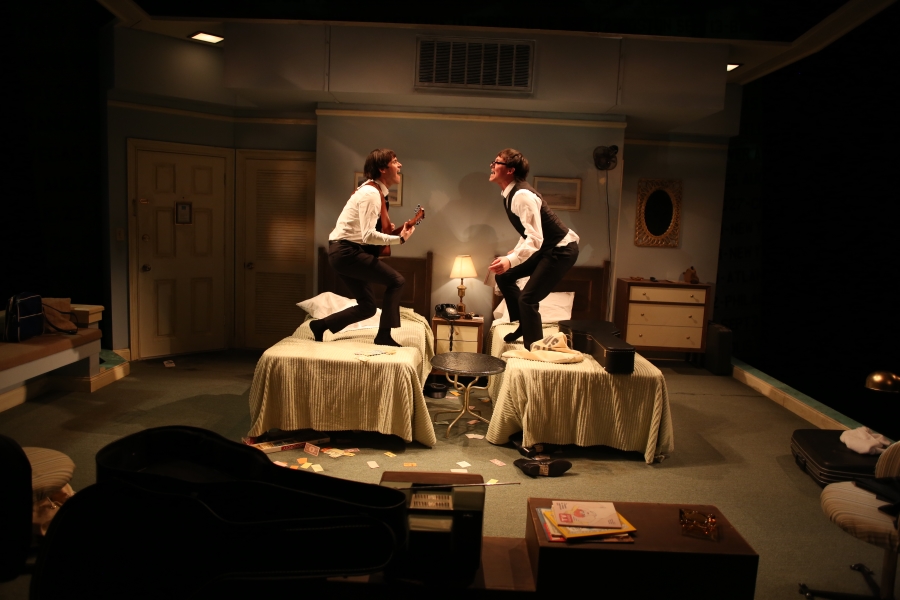WHITE RIVER JUNCTION, VT.: In addition to its maple syrup production, ski resorts, and more than 300,000 acres of state forests, this burgh in Vermont’s Upper Valley offers its outdoorsy residents indoor diversions at Northern Stage. Just across the Connecticut River from New Hampshire, Northern Stage offers Vermonters and New Hampshirites contemporary plays, classic musicals, and children’s shows. American Theatre spoke to artistic director Carol Dunne to learn more about producing theatre in the Green Mountain state.
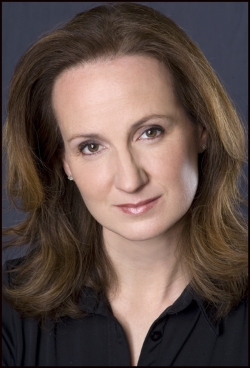
Who founded Northern Stage, when, and why?
Brooke Wetzel Ciardelli was the founding artistic director of Northern Stage. White River Theater Festival and River City Arts preceded Northern Stage as arts organizations in White River Junction. Brooke founded Northern Stage in 1997 to utilize the Briggs Opera House theatre space in downtown White River Junction and to support and make manifest her artistic dreams. Ms. Ciardelli left the company in late 2012, and I became the artistic director in March of 2013.
Tell us about yourself.
I had spent my career in the regional theatre, mostly at the Cleveland Play House as a company member from 1994 to 2004, before realizing I had a passion for running theatres. My family moved from Cleveland to Hanover, N.H., in 2004, and I joined the theatre faculty at Dartmouth College. Happily, I began acting at Northern Stage under the previous artistic director, and then was hired to become artistic director of the nearby New London Barn Playhouse (in New Hampshire), an 80-year-old beloved summer theatre that had been suffering and losing audiences for some time. Turning around the Barn was an exhausting but elating project. We turned it into a not-for-profit, became an AEA Small Professional Theatre, upped the quality of all of the work, retired all debt, and upgraded the facilities greatly.
After seeing the successful turnaround of the Barn, board members of Northern Stage invited me to speak with them about the future of Northern Stage. I ran both institutions for two years, until I realized that Northern Stage needed the same kind of singular dedication I had given to the Barn. This is my fifth season at Northern Stage, and I am so so proud of our amazing company, our new theatre, and the fact that we achieved all of our goals so quickly.
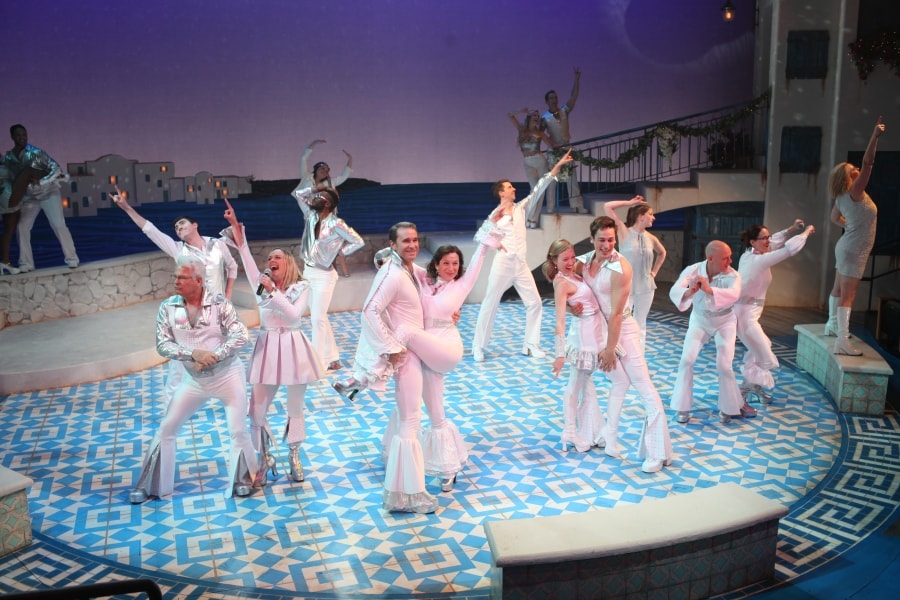
What sets your theatre apart from others in your region?
Northern Stage is the only LORT year-round regional theatre in Vermont and New Hampshire. That alone sets us apart and charges us with an added responsibility to speak to the communities of both states. The company had referenced LORT since 2008, but we recently became a LORT member and we take that level of professionalism very seriously. The turnaround of Northern Stage from 2013 has been dramatic.
When managing director Eric Bunge and I arrived in 2013, the rented facility we inhabited was literally falling down. Eric broke a toe kicking the furnace when the theare temperature wouldn’t come above 55 degrees! The company was riddled with over $500,000 of debt, staff retention was abysmal, a skeleton crew was operating the organization, and the audiences were waning. We had to be bold to save the company. We quite astonishingly raised $9 million dollars in 18 months, and built a beautiful new theatre, the Barrette Center for the Arts, which opened in October of 2015.
Along with the new space, we redefined the theatre’s mission to “Changing Lives, One Story at a Time.” Doing this meant creating a three-pronged vision for our company: We added new-play development with our New Works Now festival, we created a substantial new education program, and we worked to create an infrastructure for the business that honors our company members, supports their dreams, and enables us to work closely as a team to achieve our goals. We are thrilled to note that in these five years, we have nearly doubled our annual attendance, moved two plays Off-Broadway, produced four world premieres nurtured through our New Works Now festival, created a formal relationship with Dartmouth College with an experiential learning term, were recognized as an educational theatre with Actor’s Equity, and instituted a major regional educational initiative BridgeUP: Theater in the Schools, which now serves 10 public schools throughout New Hampshire and Vermont.
In addition, we have created and launched the BOLD Theater Women’s Leadership Circle, a $1.2 million-dollar grant program devised to advance women in the theatre. The company’s emphasis on community engagement is demonstrated through a pioneering Access for All program ($5 tickets for patrons who have an active Electronic Benefit Transfer Card), Library Partnership program, $19 student ticket rate, student matinee series, and Spot On Conversation series. We developed a membership model that brings patrons into a stewardship-, loyalty-based relationship with the company (members donate a minimum of $1,500 and are provided ticketing privileges, insider access, and other benefits that encourage active involvement). The new theatre facility is unique in its intimate 240-seat thrust design, offering patrons the opportunity to see a breadth of work from large-scale musicals to intimate new plays in a theatre with no seat more than 32 feet from the stage.
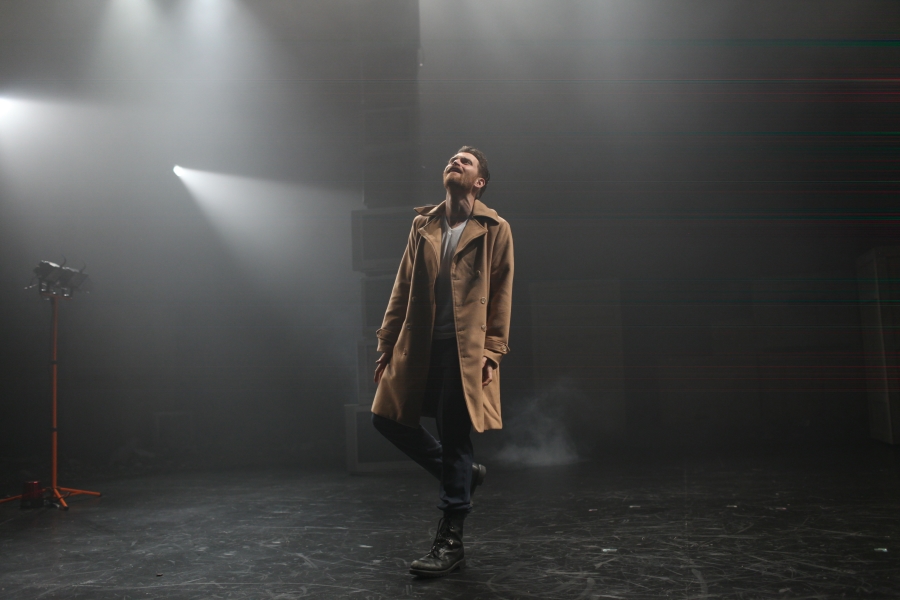
Who is your audience?
We draw audience members from across Vermont and New Hampshire and beyond. Our home in the Upper Valley of the Connecticut River is comprised of several landmark institutions, including Dartmouth College, the Dartmouth Hitchcock Medical Center, Hypertherm, Inc., King Arthur Flour, and Timken Bearings and Mechanical Power Transmissions—just to name a few. We have an incredible rural population that is bright, inquisitive, and interested in the arts. Our home, White River Junction, is experiencing a dramatic renaissance from our arts economy, and we proudly share our neighborhood with the Center for Cartoon Studies and the burgeoning shopping, dining, and lodging businesses that are helping to make White River a wonderful destination. This is attracting more visitors to the theatre from as far as Boston and the Berkshires.
Tell us about your favorite theatre institution other than your own, and why you admire it.
I have always been a passionate admirer of the National Theatre in London. I love to go and sit in the lobby and feel how the theatre is a part of the fabric of London’s community. The art in the lobby, the music, the ability to hang out with friends before you see exquisite theatre says everything. I also yearn for the possibility to program riskier work, as the National is able to do, because they are not as dependent on commercial success as the American model. The actors are exquisite, the design is thrilling, and the breadth of experience I’ve had there is unmatched.
How do you pick the plays you put on your stage?
I think about the audiences, first, foremost, always. What will matter to our devoted audience members? What will bring others to the theatre for the first time? What will help energize, enlighten, and entertain our audience? What will matter? That is most important to me. I can be incredibly passionate about a piece of theatre, but if our audiences won’t “feel” it, it should remain in my dream bucket until it will resonate in our here and now. We have the best audiences at Northern Stage that I have ever encountered. So engaged, so passionate, so curious. We are lucky we have such devoted theatre lovers.
What’s your annual budget, and how many artists do you employ each season?When we came to Northern Stage the budget was $2.3 million. We cut it to $1.8 million our first season in order to survive. Since then, the budget has steadily grown, with our 2017-18 season budgeted at $2.8 million. Next season, we are planning for a $3.9 million budget, which perfectly demonstrates our strong trajectory and successes. We employ 125-150 artists each season.
What show are you working on now? Anything else in your season that you’re especially looking forward to?
We are about to open Only Yesterday, a play Northern Stage has been developing with playwright Bob Stevens for three years. It is a true story about a night John Lennon and Paul McCartney spent in a motel room in Key West in 1964 to sit out a hurricane. The play is a total delight and gives audiences a wonderful opportunity to get to know the young boys behind the idols. Only Yesterday is filled with music, laughter, and ultimately brings tears. We are so proud of this world premiere.
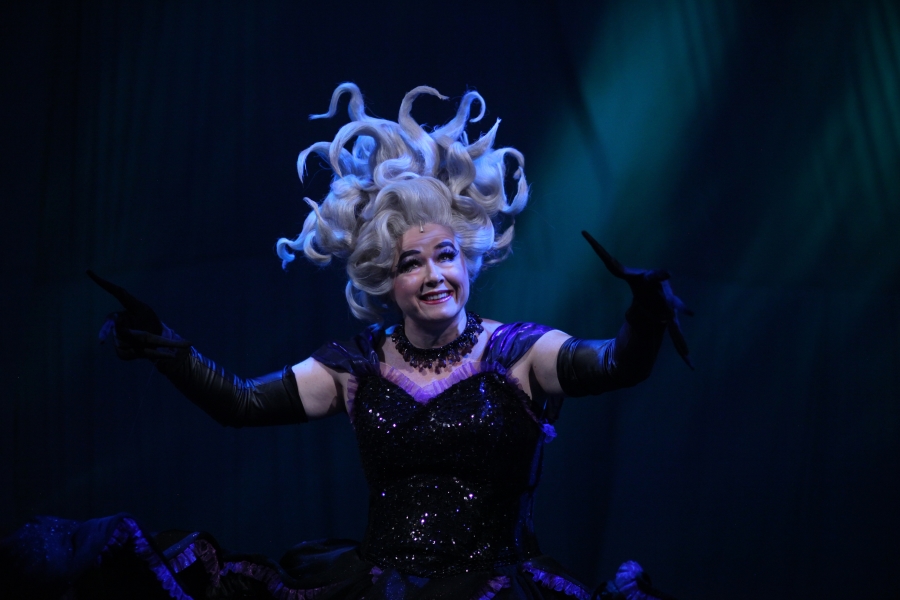
Strangest or funniest thing you’ve ever seen (or put) on your stage?
John Lennon and Paul McCartney getting heatedly competitive over a game of Monopoly.
What are you doing when you’re not doing theatre?
Walking my dogs, cooking for my family, chauffeuring my kids, working out (stress relief), and reading fiction. I was an English major and still love the quiet that brings.
What does theatre—not just your theatre, but the American or world theatre—look like in, say, 20 years?
Ayad Akhtar’s piece in The New York Times recently describes the incredible need for theatre in the age of technology. Ayad points to researchers who found that audiences begin breathing in sync and that, “experiencing live theatre (is) extraordinary enough to overcome group differences and produce a common physiological experience.” Theatre will become a necessity and sought out more frequently as an antidote to our digital insanity. It will also be far more diverse, equitable and reflective of our population, because theatremakers are change makers.

